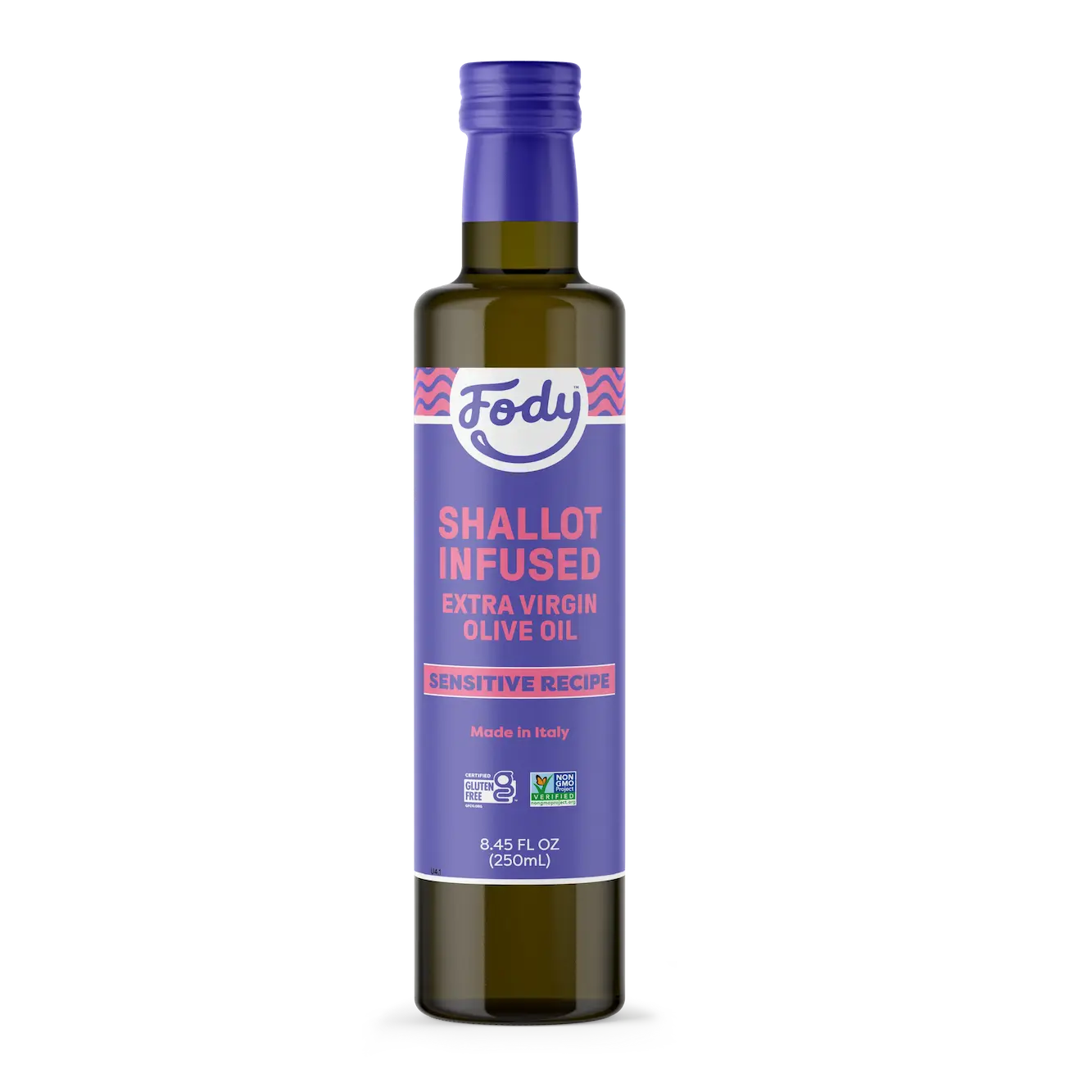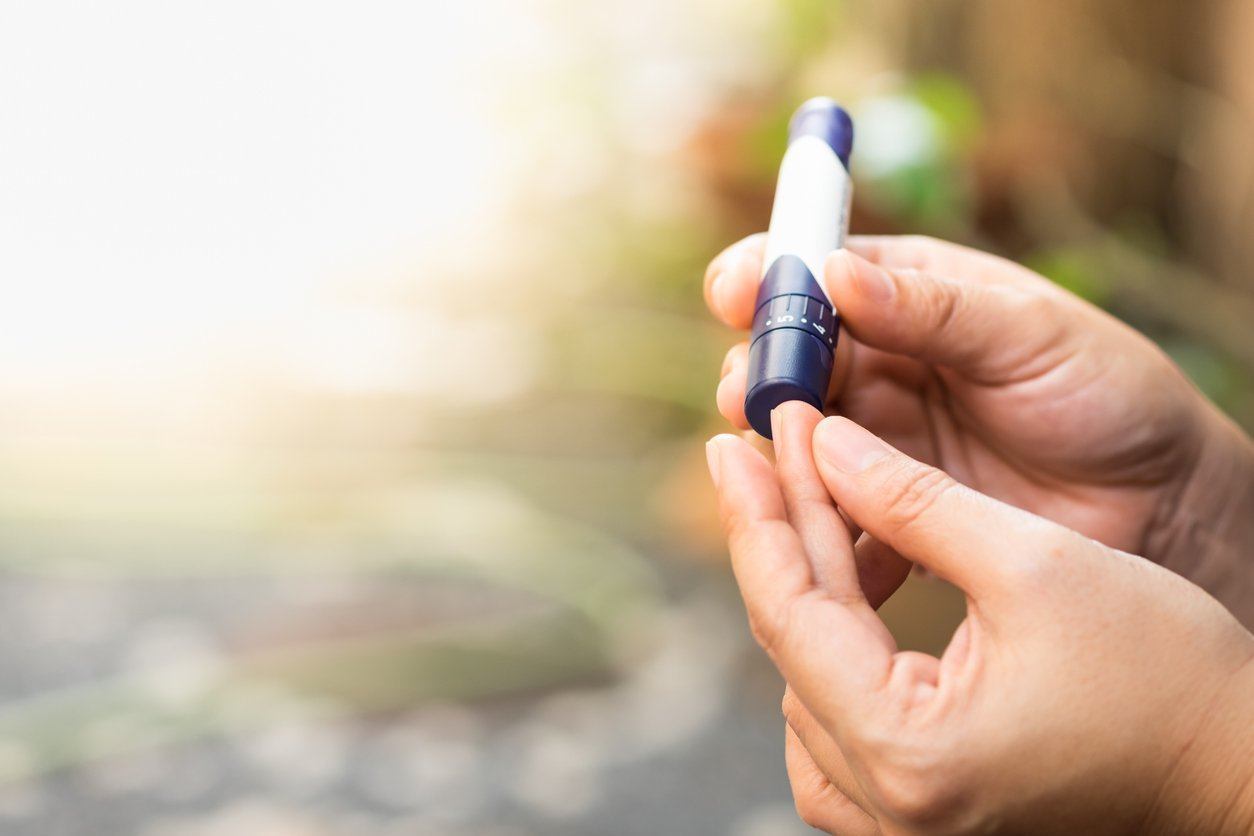

Are Home Tests for Food Sensitivity Accurate?
Along with Game of Thrones spoilers, at-home food sensitivity tests are all over social media. Ads for these products claim that with nothing more than a drop of blood (and an extra $150 lying around), they can test food sensitivities and tell you which are to blame for your acne problems or joint pain.
The at-home tests usually measure IgG, an antibody in the immune system known to contribute to headaches, joint pain, and other chronic problems. But the presence of these antibodies doesn’t necessarily mean you have food sensitivity – in fact, they’ve actually been linked to tolerance and familiarity to the food, not intolerance.
As Sally Kizemchak, MS, RD, points out on WebMD, the most accurate test for what you’re eating is doing your own detective work. Keep track of what you eat, how to your body responds, what symptoms occur, and try to identify patterns. For those with irritable bowel syndrome (IBS), she recommends a low FODMAP diet to identify the certain carbohydrates you may be reacting to.
For more on the validity of at-home food sensitivity tests, read Kizemchak’s full blog on WebMD.So, what are you waiting for?
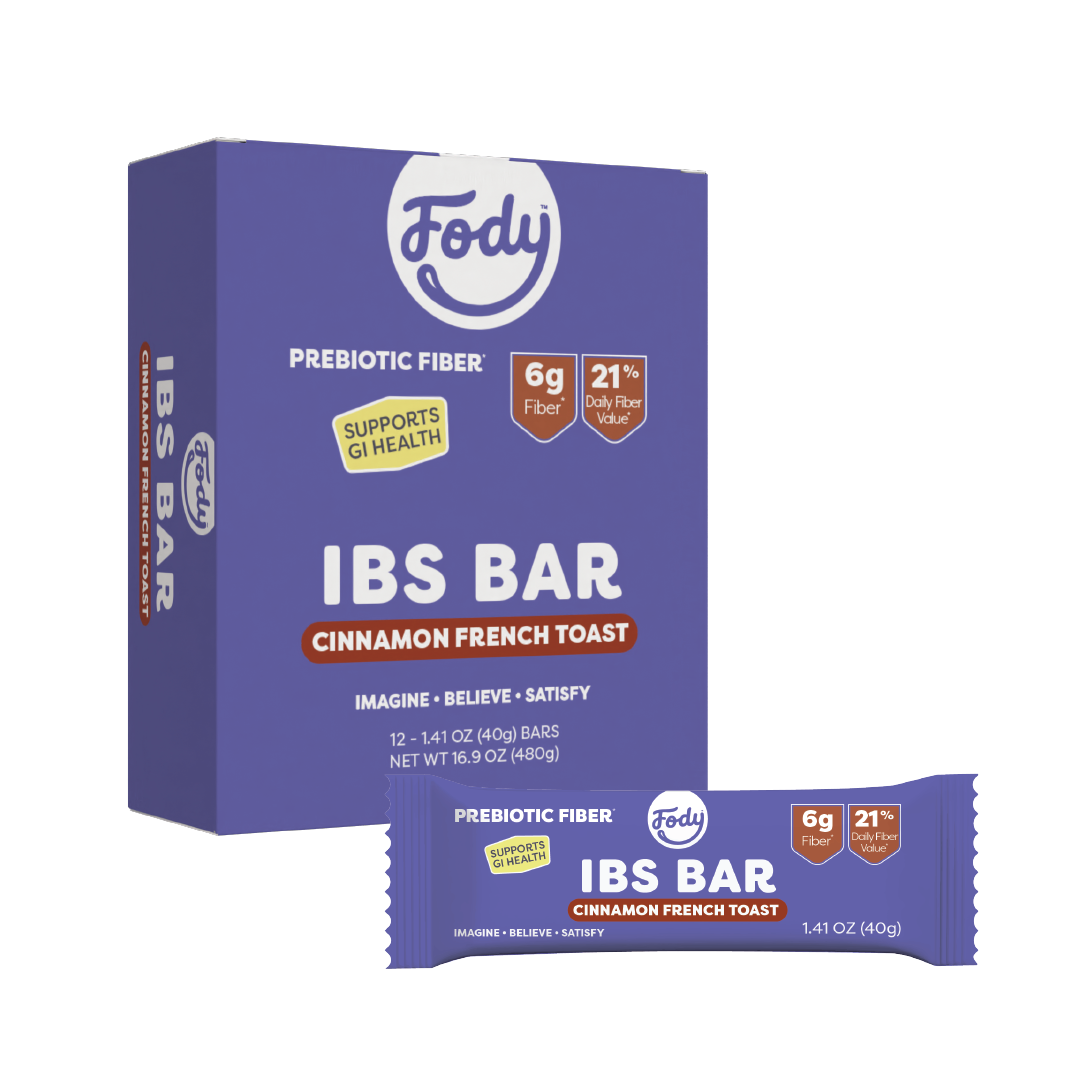
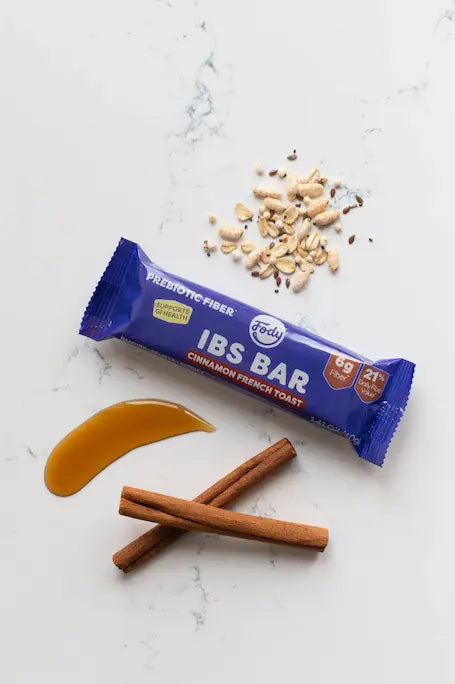 Cinnamon French Toast High Fiber Snack Bar - 12 Pack
Cinnamon French Toast High Fiber Snack Bar - 12 PackCinnamon French Toast High Fiber Snack Bar - 12 Pack
$32.99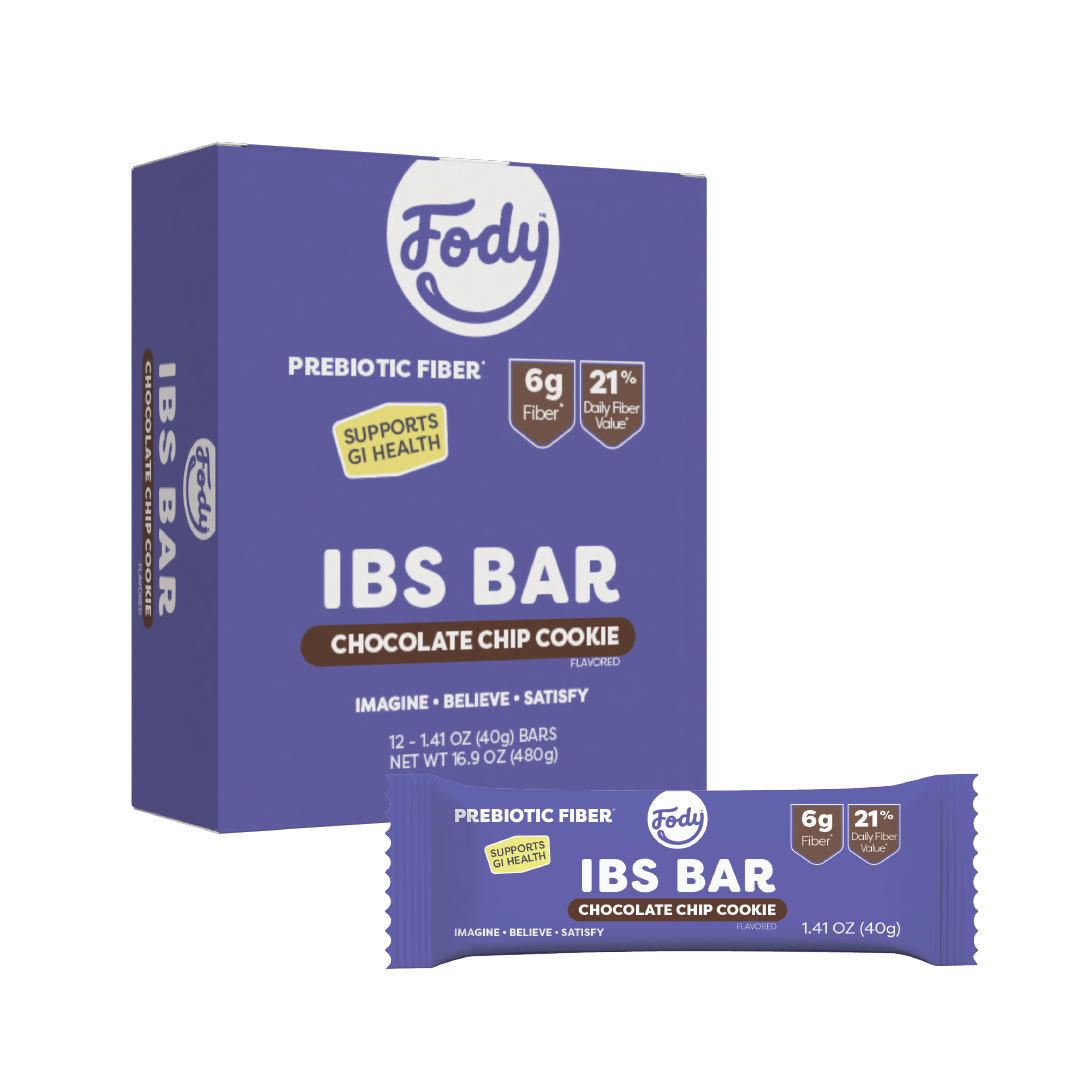
 Chocolate Chip Cookie High Fiber Snack Bar - 12 Pack
Chocolate Chip Cookie High Fiber Snack Bar - 12 PackChocolate Chip Cookie High Fiber Snack Bar - 12 Pack
$32.99











